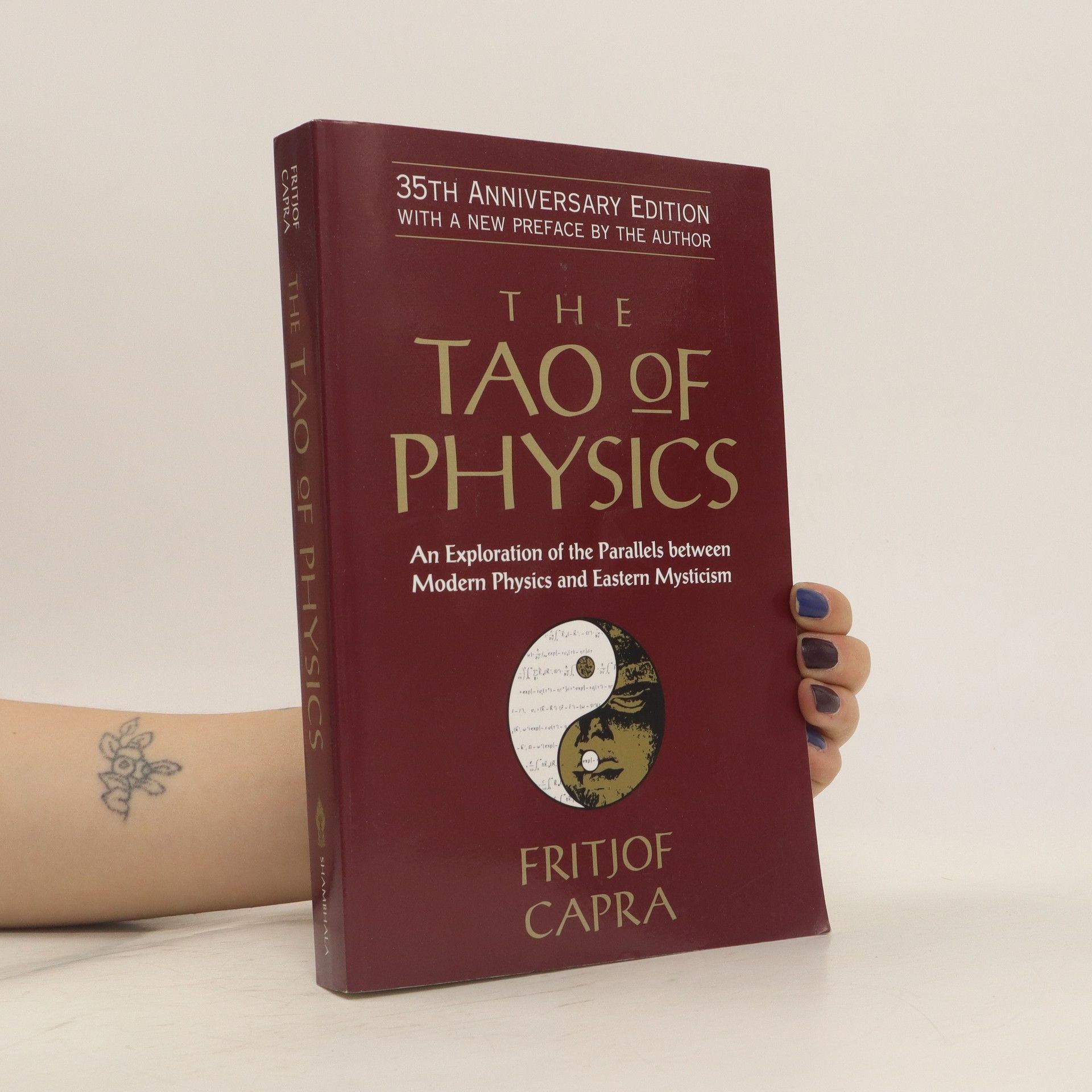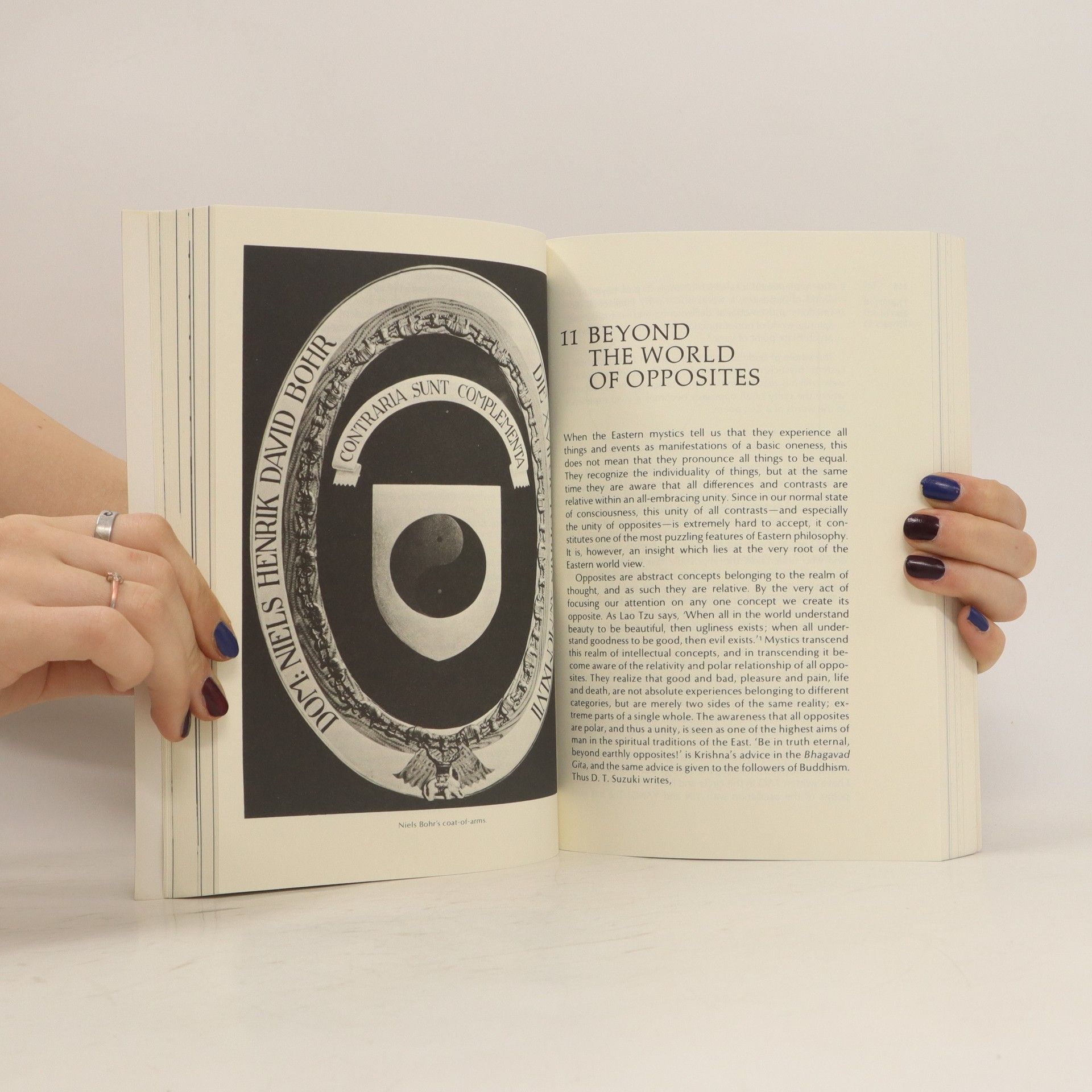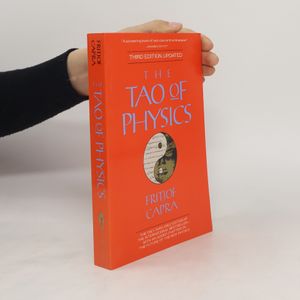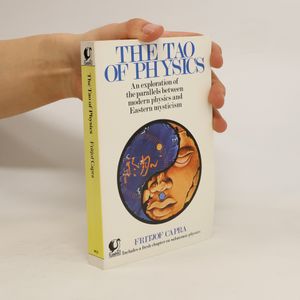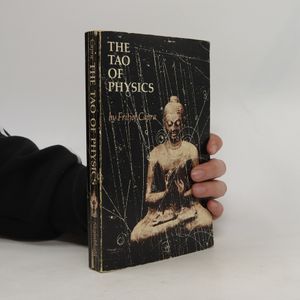The tao of physics
An exploration of the parallels between modern physics and Eastern mysticism
Autor*innen
Buchbewertung
Parameter
- 366 Seiten
- 13 Lesestunden
Mehr zum Buch
A special edition of the “brilliant” best-selling classic on the paradoxes of modern physics and their relationship to concepts of Eastern mysticism (New York Magazine) The Tao of Physics brought the mystical implications of subatomic physics to popular consciousness for the very first time. Many books have been written in the ensuing years about the connections between quantum theory and the ideas of Buddhism, Hinduism, and Taoism, but Fritjof Capra’s text serves as the foundation on which the others have been built—and its wisdom has stood the test of time. Its publication in more than twenty-three languages stands as testimony to its universal applicability and its enduring significance. This special edition celebrates the thirty-fifth anniversary of this early Shambhala best seller that has gone on to become a true classic. It includes a fresh cover design and a new preface by the author reflecting on further discoveries and developments in the years since the book’s original publication. “Physicists do not need mysticism,” Dr. Capra says, “and mystics do not need physics, but humanity needs both.” It is a message of timeless importance.
Buchkauf
The tao of physics, Fritjof Capra
- Sprache
- Erscheinungsdatum
- 2010
- product-detail.submit-box.info.binding
- (Paperback)
Hier könnte deine Bewertung stehen.
